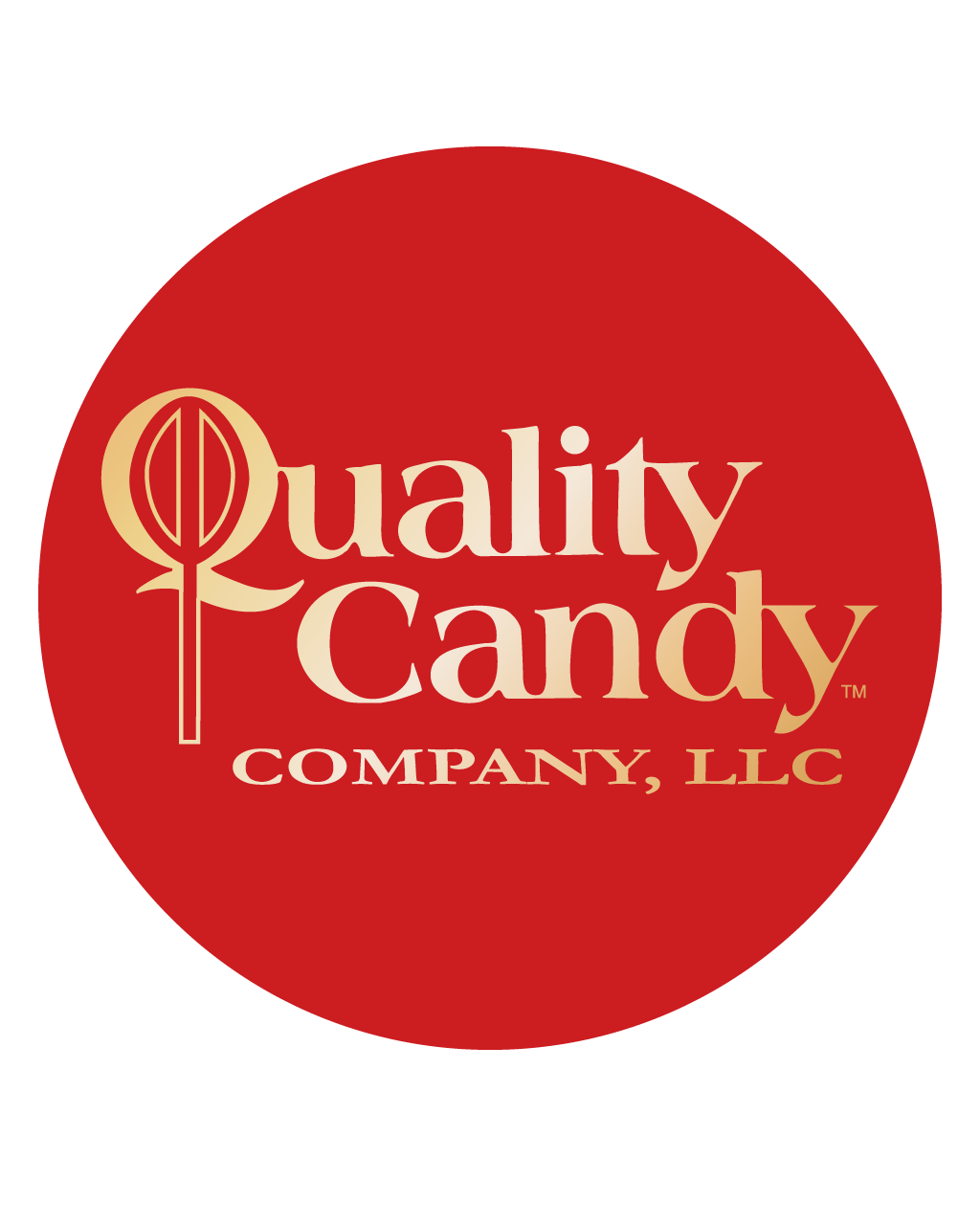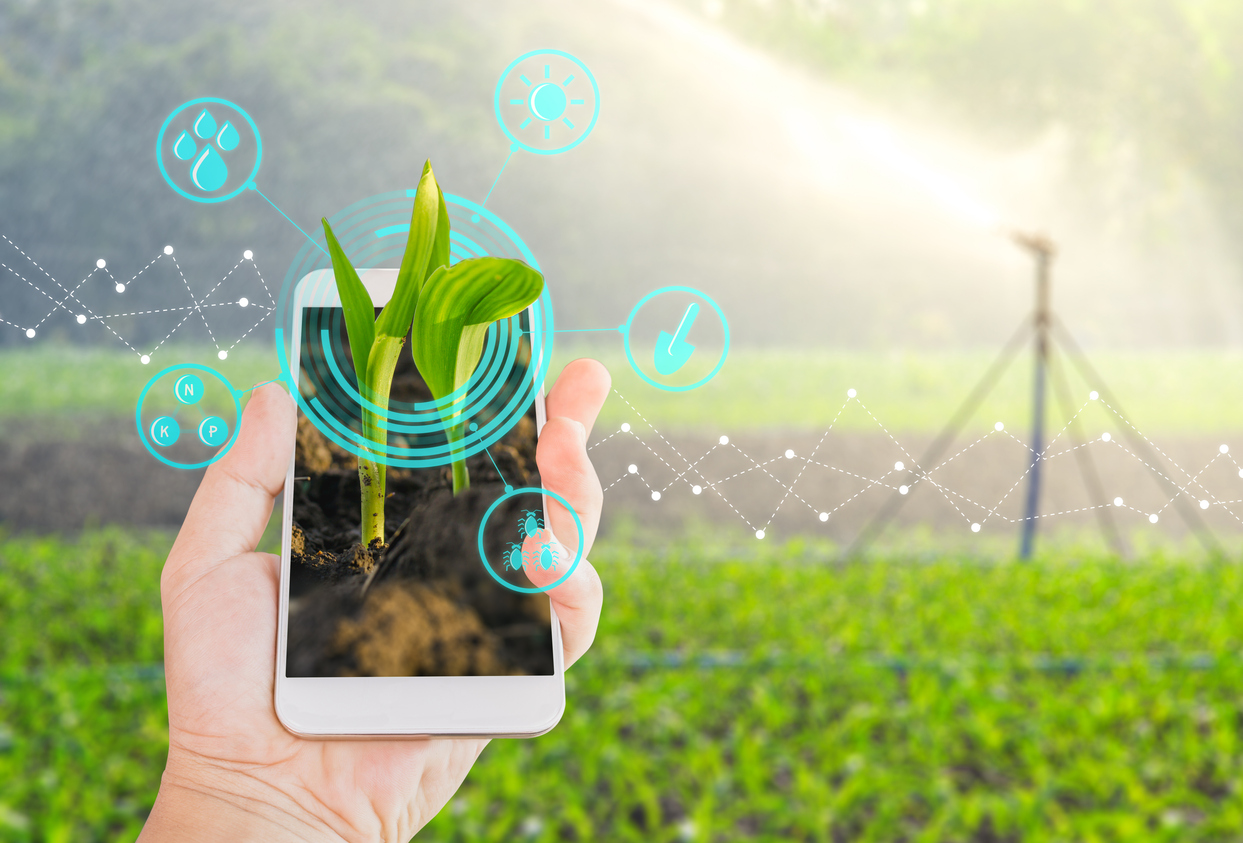What does it mean for a retailer to be a zero edible waste food store? In order to become one, It is imperative that stores find the balance selling out of items too early and overstocking and producing waste. This task is not as easy as it sounds as even the most waste conscious retailers end up with some waste.
Last year, UK retailer Planet Organic proclaimed that they were the first to achieve zero edible food waste. Though Planet Organic is small and only has 8 stores across London, this achievement took a lot of hard work. The proclamation took place at the Sustainable Foods Summit last month in Amsterdam where they were able to explain some of the difficulties Planet Organic faced:
“If you’re a zero edible waste store, that means if you brought something edible in to the business you don’t throw it away. I’ve been at Planet Organic for 18 years and we’ve tried different ways of doing it such as working with homeless shelters or community groups. But it’s hard and it takes community for it to happen,” according to this article by FoodNavigator.
So what did Planet Organic do to cut waste? First, they made sure that all non-edible waste was collected for composting. Each month, eight tons of food waste are collected from the retailer which in turn produces over 1000 pounds of compost. This compost is great for soil fertility and carbon capturing and is sold to customers and farmers practicing conservative agriculture in London. Waste that is still edible is re-used in the store kitchen and if any is left over at the end of the day, it is sold to staff at a discounted price. If there is any waste left over after that, the retailer distributes it to the community.
One of the ways of doing so is by using the app Too Good to Go, which tackles the issue of food waste by allowing restaurants, shops, venues and cafés to connect to people who would like to buy their waste at a discounted price. Users of the app can make purchases directly through the app.
So far the Danish Start Up has spread their app to 12 different countries in Europe and is thus the biggest business to consumer marketplace for surplus food. In its hometown of Copenhagen, Too Good to Go has already generated 11.5 million users and around 20,000 business partners.
This brilliant idea is sure to be the foundation for many other apps that can help tackle the food waste problem with niche solutions.
For more posts like this, keep up with our blog!

